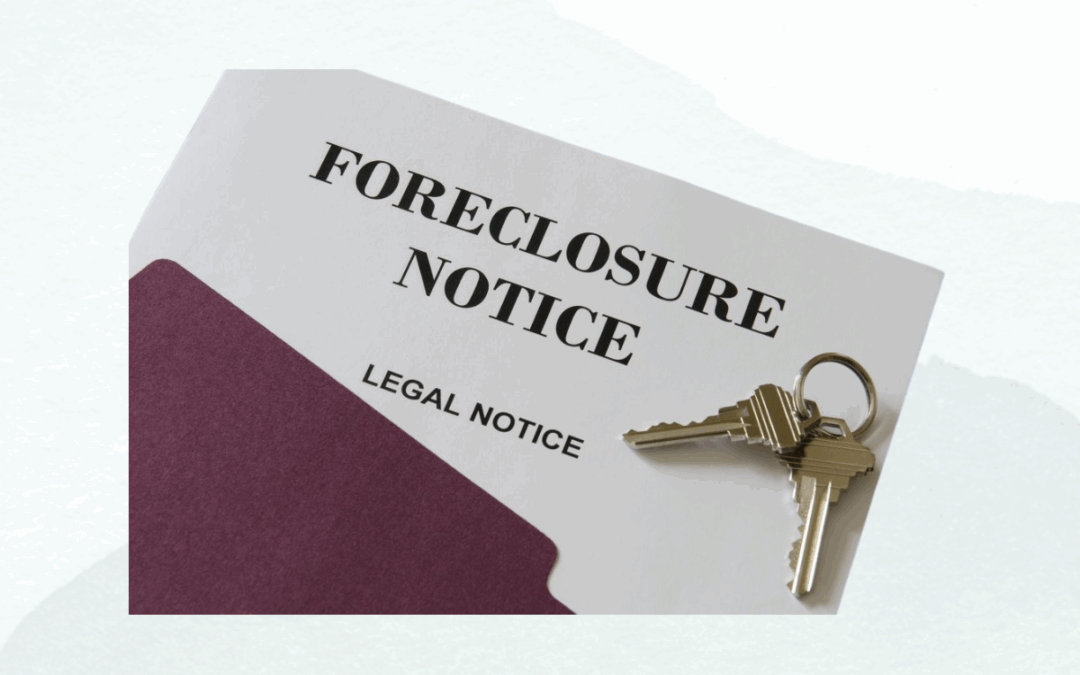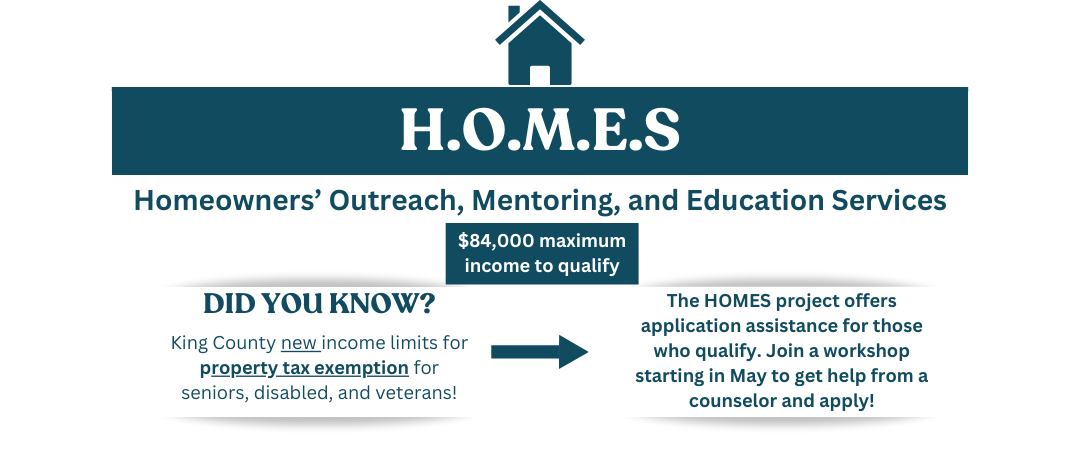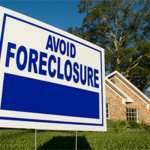
by Meg S | May 14, 2025
Foreclosure prevention through mediation is one of the most effective and underused tools available to homeowners facing financial stress. At the Dispute Resolution Center of King County (KCDRC), mediation helps residents navigate tough conversations with lenders, resolve misunderstandings, and find alternatives before foreclosure becomes a reality.
This work is closely tied to the HOMES program—Homeowners’ Outreach, Mentoring, and Education Services—which helps older adults, veterans, and people with disabilities apply for King County’s property tax exemption. Together, these services provide meaningful support to residents at risk of housing instability.
What is Mediation?
Mediation is a voluntary, confidential process where a neutral third party helps people have structured conversations and work toward agreements. At KCDRC, our trained mediators don’t take sides or offer legal advice. Instead, they create space for understanding, problem-solving, and clarity during difficult moments.
In the context of housing, this can mean facilitating conversations between:
-
Homeowners and mortgage servicers
-
Family members navigating shared property decisions
-
Homeowners and county officials or financial counselors
How Mediation Helps Prevent Foreclosure
When homeowners fall behind on payments or struggle with taxes, communication often breaks down. Mediation brings everyone to the table and offers a chance to:
-
Clarify the situation
-
Identify options such as payment plans, tax relief, or temporary adjustments
-
Connect with support resources, including legal aid and financial counseling
-
Rebuild trust and reduce emotional strain
Mediation can be especially effective when paired with programs like HOMES (Homeowners’ Outreach, Mentoring, and Education Services), which helps eligible residents apply for King County’s property tax exemption. By addressing both the financial and relational sides of housing stress, residents are more likely to find long-term stability.
Real-Life Outcomes
While every situation is different, here are a few common outcomes of housing-related mediation at KCDRC:
-
Agreement on a new repayment timeline
-
Coordination of property tax exemption documentation
-
Family agreement on shared ownership or financial responsibilities
-
Referrals to housing counselors or attorneys when needed
How to Access Help
If you or someone you know is at risk of foreclosure or struggling with housing stress, reach out early. The sooner mediation begins; the more options are typically available.
You can:
You don’t have to face foreclosure alone. Mediation can be the first step toward clarity, stability, and peace of mind.

by Meg S | Mar 31, 2025
Starting in May 2025, a powerful new resource is available to help eligible residents apply for the property tax exemption King County offers. The HOMES program—short for Homeowners’ Outreach, Mentoring, and Education Services—supports older adults, veterans, and people with disabilities in completing their applications for this valuable benefit.
Thanks to a recent income limit increase to $84,000, more residents now qualify for the property tax exemption King County provides, helping ease the financial burden for those who need it most.
What Services Does HOMES Provide?
Application Assistance Workshops
Starting in May 2025, HOMES will host monthly in-person workshops on the third Saturday of each month. During these workshops, trained counselors will be available to help residents complete their property tax exemption applications.
Workshop Dates:
-
May 17
-
June 21
-
July 19
-
August 16
-
September 20
-
October 18
-
November 15
-
December 20
Eligibility Requirements:
What to Bring:
-
Previous year’s tax return
-
Disability verification letter
-
Proof of age/ID (WA driver’s license or similar)
-
Property ownership documents (such as a deed)
-
Records of out-of-pocket medical expenses (doctor’s letters, pharmacy records, bank statements, etc.)
Virtual Information Hub
Beginning in June, the King County Dispute Resolution Center (KCDRC) will host virtual Information Hub meetings. These sessions are open to all homeowners and provide access to a range of community resources focused on foreclosure prevention.
KCDRC is a trusted nonprofit offering mediation and conflict resolution services. Their mediators have helped many residents navigate housing challenges and avoid foreclosure through guided conversations and problem-solving.
How to Get Involved
Whether you’re a homeowner concerned about rising taxes or supporting a loved one through the application process, the HOMES program is here to guide you every step of the way.
Together, we can build stronger, more stable communities—one home at a time.
by Michelle Wilkinson | Mar 22, 2024
Foreclosure Mediation Services is, perhaps, one of the least known mediation services that the Dispute Resolution Center of King County provides. We started providing foreclosure mediations soon after the WA state legislature passed the Foreclosure Fairness Act in 2011. With an overall resolution rate of 89 percent, as well as a home retention rate of 59 percent in 2023, we have completed 1075 foreclosure mediations over the life of the program.
What is The Foreclosure Fairness Program?
The Foreclosure Fairness Program (FFP) established by this Act has two major objectives.

- First, to protect homeowners from avoidable foreclosures.
- Second, to ensure the foreclosure process, itself, is fair and transparent. This allows both the borrower and the mortgage lender to meet, as well as make well-informed decisions, even during situations when foreclosure is unavoidable.
The Department of Commerce is the manager of the FFP. Commerce works in collaboration with the Washington State Housing Finance Commission, the Office of the Attorney General and the Office of Civil Legal Aid. The key providers of services, however, are mediators, attorneys, and housing counselors.
Well-Trained Foreclosure Mediators Make a Difference
Mediators play a pivotal role in helping lenders and borrowers resolve their foreclosure issues. However, neither party can initiate contact with a mediator. The Washington State Commerce assigns mediators to cases that have been referred to the program by attorneys or housing counselors. The mediators it assigns have successfully completed its foreclosure mediation training. In early 2023, Commerce had 59 mediators on its approved list. Currently, the Dispute Resolution Center of King County has five of those mediators.
According to Sharon Moon, the Foreclosure Mediation Case Manager and a Foreclosure Mediator for KCDRC, Commerce’s training is essential. “Foreclosure law is very technical. It has technical processes, documents, and jargon. The 3-day training does not help someone become an expert in foreclosure law, but it will help the mediator be aware of what the parties are talking about and what they mean.”
A long-term volunteer in the program, Deborah Diamond, notes, “I have been very impressed with some of the loss mitigation specialists who are good at explaining the numbers in an empathetic way. Some others come across as flat/low affect, so I sometimes need to calm the borrowers. I explain that there is no subjective element to these decisions, just objective requirements (even if they seem arbitrary) and regulations that must be met.”
Operating in Good Faith during a Foreclosure Mediation
 Foreclosure Mediations are unlike most of the mediations we do in one other way. In addition to impartially facilitating the conversation between the parties, mediators must determine and certify whether each party has participated in the mediation in good faith. Examples of not being in good faith include – not paying required fees, not showing up to a session, and not providing the documentation required. Some mediators feel uncomfortable with the responsibility of determining whether a party has participated in “good faith.”
Foreclosure Mediations are unlike most of the mediations we do in one other way. In addition to impartially facilitating the conversation between the parties, mediators must determine and certify whether each party has participated in the mediation in good faith. Examples of not being in good faith include – not paying required fees, not showing up to a session, and not providing the documentation required. Some mediators feel uncomfortable with the responsibility of determining whether a party has participated in “good faith.”
If you are not one who feels discomfort with certifying “good faith” and are curious about doing foreclosure mediation, keep tabs on the Foreclosure Fairness Program at Commerce. It might just offer another mediator training to expand its pool.
Foreclosure Mediation Growing?
The foreclosure rate in the United States was 2.23 percent in 2010, just after the Great Recession. It declined steadily to .11 percent in 2021. The rate is now on an uptick at .23 percent in 2022. If it continues to increase, the demand for foreclosure mediations may grow. If you are a homeowner interested in the program, call the Washington Homeownership Hotline at 1.877.894.HOME.





